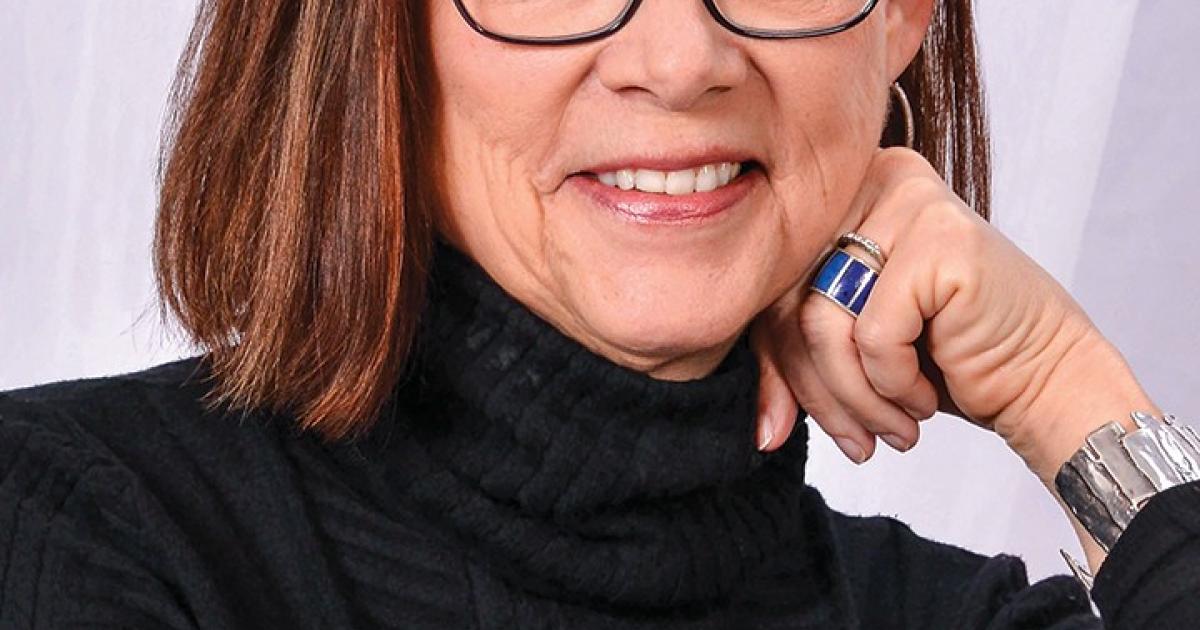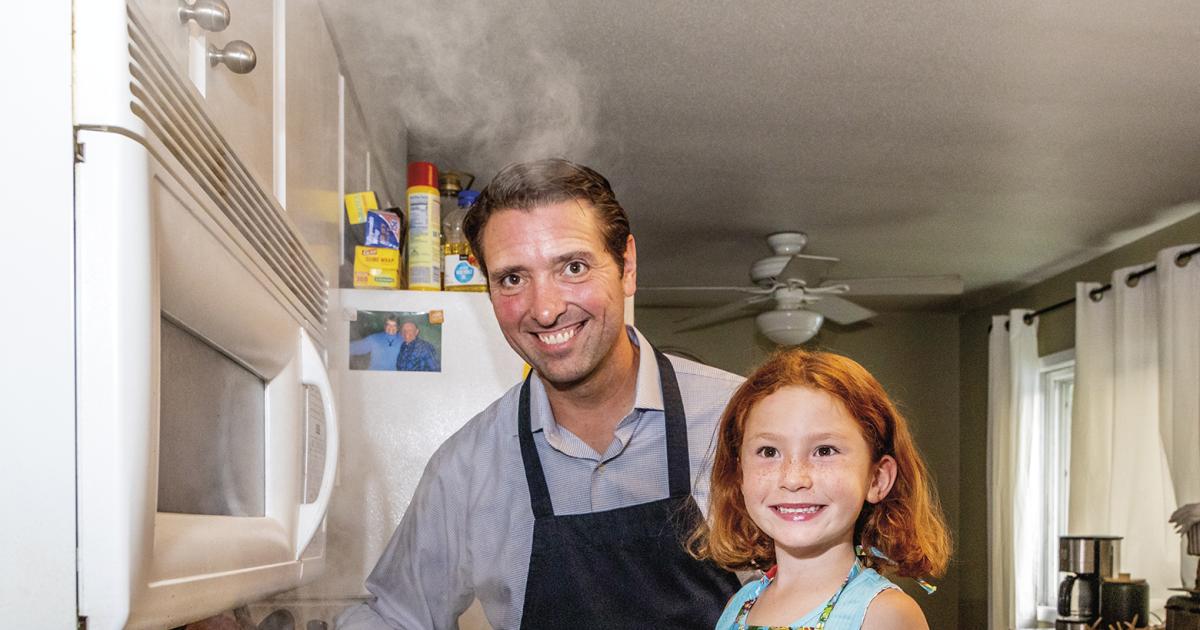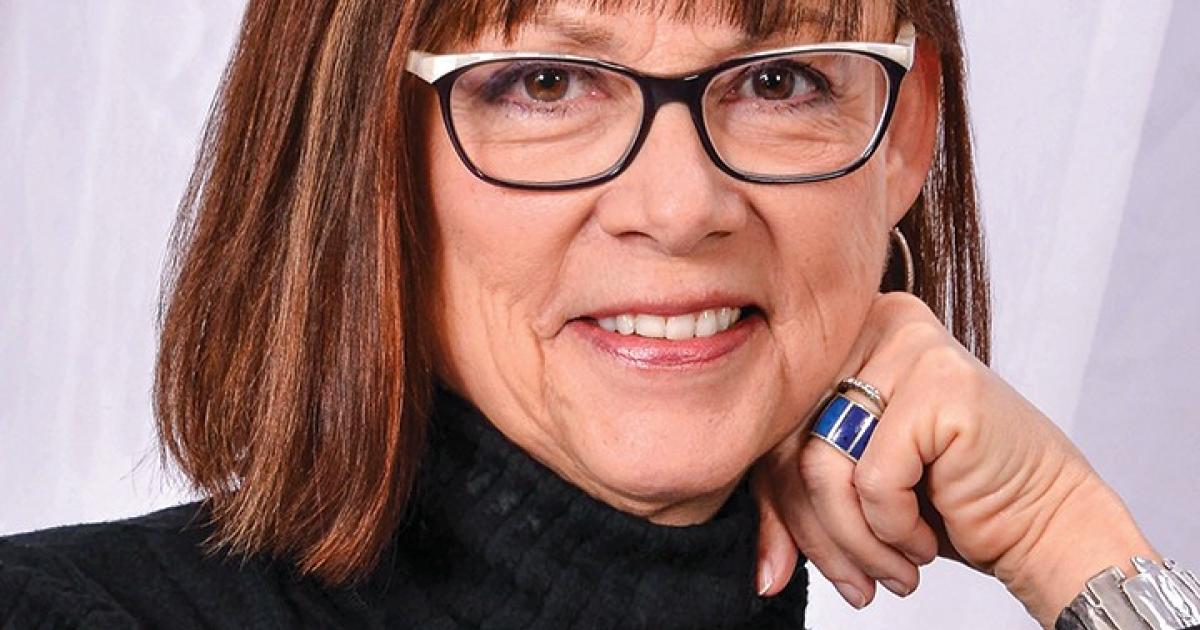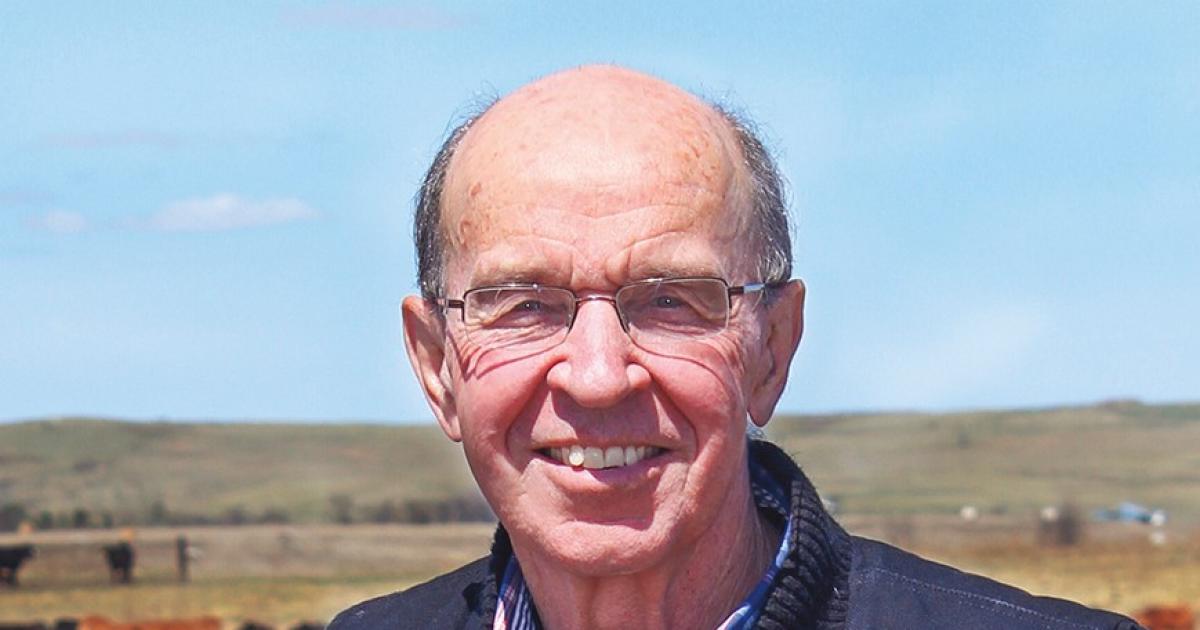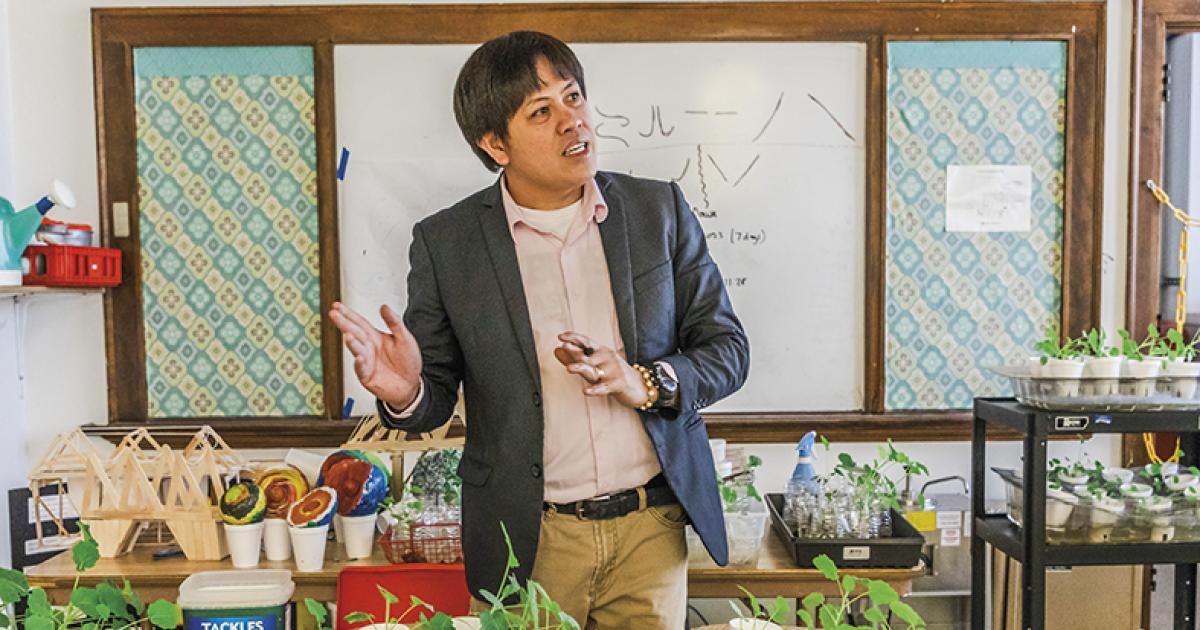I often “go rogue” when it comes to buying wedding gifts. It’s too easy to find a registry, scroll through the bride and groom’s selections, “click” and be done. Where’s the fun in that? Instead, I check the registries, find what colors the bride and groom prefer, then I put together a gift using their preferences. It’s fun and, I hope, a bit of a surprise for the happy couple.
But I’m often the one surprised – and disappointed. It is rare to get a “thank you.” (This goes for graduation gifts, too.) And, if I do get a note, it’s often a preprinted postcard with a generic, “Thank you for thinking of us.” (I won’t tell you what I’m usually thinking when I get a note like that.)
Roxanne Henke
I get it. We’re all busy. But, since when have we become too busy to genuinely say “thank you?”
I see it all the time. Next time you’re at a restaurant, pay attention to the tables around you. Watch how often the people being served say “thanks” to the person serving them. It’s as if the hard-working server is invisible.
I doubt that’s the way most of us were raised, but it seems to be a trend these days. If people don’t get the treatment they think they deserve, they aren’t afraid to speak up. There’s actually a name for that attitude: annoyed entitlement.
A few years ago, my oldest daughter and I took my granddaughter, Simone, to Disney World and spent a long day doing all things “princess.” Close to midnight, we boarded the crowded shuttle for the 45-minute ride back to our hotel. It was standing room only. My daughter got shuffled to the back of the shuttle, while I was left somewhere in the middle holding 4-year-old Simone, who immediately fell asleep in my tired arms. As the bus navigated turns and bumps, I struggled to stay upright and glanced around frantically to see if there was anywhere I could sit. After a time, I sank into a squat, trying to keep us both off the filthy floor. I was practically kneeling at the feet of a family – dad, mom and teenage son – who had perfected the art of pretending not to see someone in desperate need.
After a half-hour of trying to stay upright, the “mom” tapped me on the shoulder and asked if I’d like to trade places with her. Would I? Yes! Even though I was wondering why she (or the two men in her life) hadn’t offered 25 minutes earlier, I thanked her profusely. I could tell by the look on her face that she felt good about making the offer. Saying “thank you” passes a sort of “blessing” onto the person you are showing your gratitude toward.
“Thank you” may appear to be two, too-simple words to hold the power they do, but let me tell you one last “thank you” story. My childhood home was built in the mid-1950s. In 1966, North Dakota had what might be called a blizzard to beat all blizzards. It snowed for three solid days. School was out of the question. We hunkered in our houses, looked outside and saw nothing but white. For three solid days. (Which can seem like three years when you’re 13.)
When the wind and snow finally stopped, we stepped outside to a new world. Kids saw snowbanks so high we could walk on rooftops. So deep, we could carve snow forts and tunnels that seemed to go for miles. The adults, while marveling at nature’s sculptures, had to deal with digging out cars and roads and figuring out how to open clogged bathroom vents. The snow was beautiful, incredible, and a little bit of a nightmare.
Now, let me fast-forward 50 years. It was 2016 and one of my best friends was visiting with an elderly gentleman in a town near where I grew up. Somehow, as often happens in North Dakota, they found out they both knew my mom (who had passed away several years earlier.) As my friend told it, the spry, old gentleman brightened at the mention of our family name. He went on to tell her that he’d built my childhood home back in the 1950s. It was a unique home in our area, all brick with heavy, slate shingles. It hadn’t been an easy home to build, but it was “grand” in its own way and the man had been proud to be the builder.
He went on to tell my friend that shortly after the blizzard of 1966, he got a handwritten note from my mother. She told him how our house had stood solid during the blizzard. In fact, she wrote, our house was the only house that didn’t end up with snow in the attic. My mom thanked him for building us such a sturdy, well-built home. The man beamed with pride. Fifty years after the construction project. Fifty years after getting a thank you note.
A storm can be powerful, but words of praise and thanks hold power, too. Be generous with thanks. As you’re blessing others, your words will come back and bless you. And just maybe, as in the case of my mom and her 50-year-old thank you note, your words may bless others long after you’re gone.
Thank you for reading my words!
Roxanne (Roxy) Henke had a good role model in her mother, who taught her to write thank you notes. Roxy lives in rural North Dakota and is the author of eight novels. You can contact her at roxannehenke@yahoo.com. She promises to write back.


